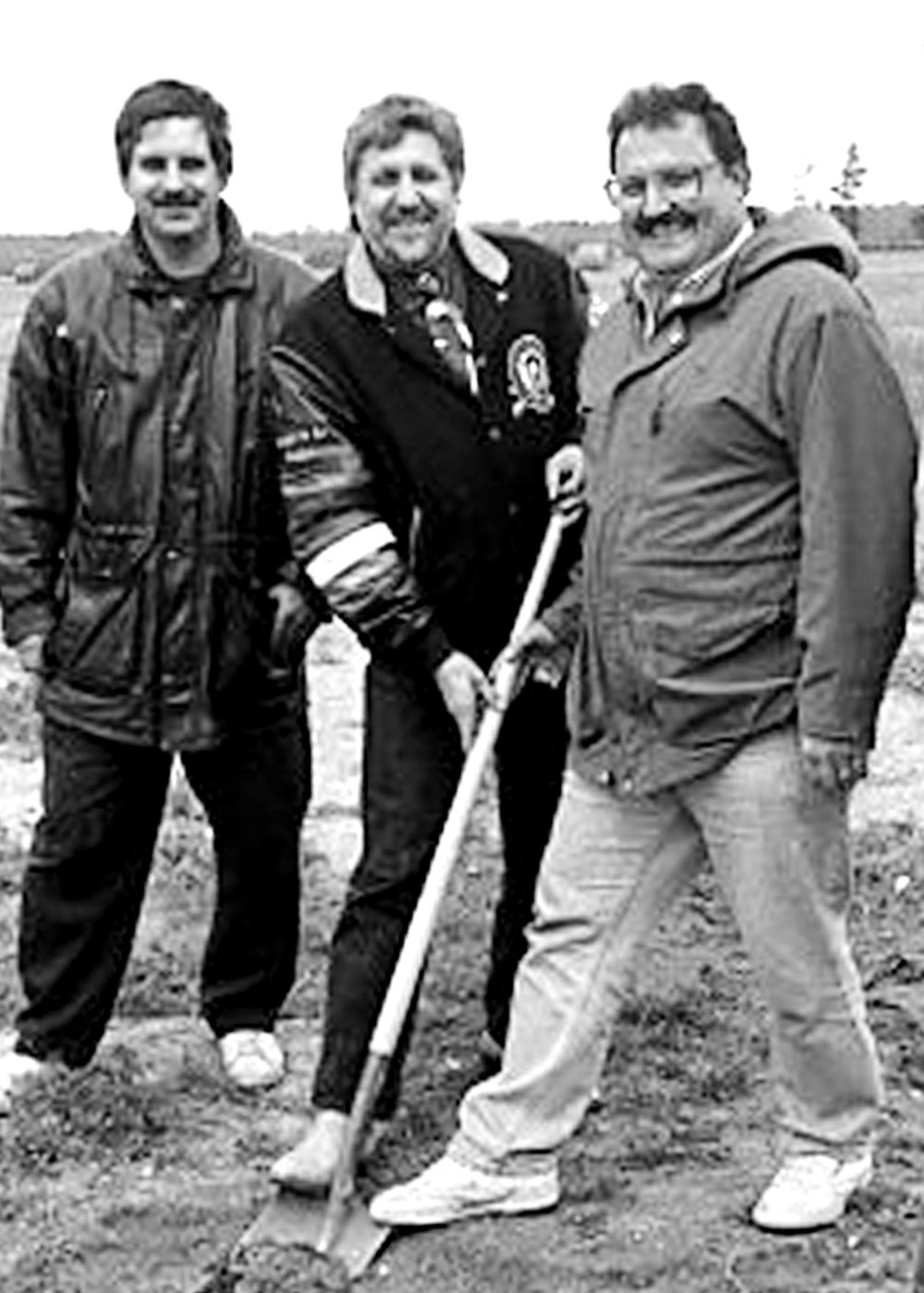COLUMN: Carillon Flashback October 6, 1993 – Metis wood plant to boost southeast region economy
Advertisement
Following a year of research and planning, a combined effort by the Manitoba Metis Federation and its members from the Vassar/South Junction area has established a business, which is the first of its kind in Canada.
Starting in mid-November, Ardin Lumber & Cut-Stock Limited, managed by Steinbach businessman David Desjardins, will be sawing locally harvested wood into dimensions suitable for crates and pallets, which will be shipped across the border to Polaris Industries in Roseau and Arctic Cat in Thief River Falls, both a short drive into Minnesota.
Desjardins, who was raised ‘out here’, says he will be moving his Steinbach building company to the new location near South Junction and combining it with the new plant.

“I’ve always wanted to see things happen in this particular area and for me it’s like coming back home.”
Desjardins says they have a lot of raw product right in their backyard, so they can take timber and process it in the area, instead of having that timber go out of the area, which has been happening for many years.
Desjardins and representatives from the Manitoba Metis Federation (MMF) worked together throughout the year to secure a grant from the Aboriginal Business Development Program (ABDP), which will finance about 40 percent of the company.
Ernie Blais, president of the Manitoba Metis Federation, worked along with Desjardins and other members of the MMF to help secure the ABDP grant.
One of the stipulations of the grant is that at least 60 percent of the workers are Metis, and Desjardins says that of six starting employees, five will be Metis.
It is important to hire the Metis people to work because it gives them more of their own identity, said Desjardins, who is of Metis descent himself.
“It’s always been like you’re either white or you’re native, and then there’s the Metis, who are in between the two groups.”
Desjardins said he expects the mill will go through about five million feet of lumber a year to start, and if there is more demand for his product, he may end up doubling his shop staff in the near future.
His company will be sawing small-dimension poplar lumber, produced from squared-off lumber supplied by a nearby sawmill. Ardin’s dimensional lumber will go to a woodworking company in the United States, where the pieces will be fitted together to form crates and pallets, used to ship snowmobiles, all-terrain vehicles and jet skis.
Desjardins noted his two primary American customers, Arctic Cat and Polaris, need between five and seven million feet of lumber per year.
Blais said the opening of the new business will put unemployed Metis people to work and, as a result, give the local economy a boost.
“Anytime we can employ one individual, I think it’s a benefit not just to ourselves as Metis people, but to the community itself.”
Metis people also pay taxes and they also contribute to the other businesses in the area, so the money is being regenerated back into the communities, Blais added.
“It puts the Metis in a positive light.”
The new ‘Pathways to Success’ program fits right in, because it is a training program set up for aboriginal people, the MMF president explained. It will be a real benefit if the MMF can make use of a program like that in some of the projects that are being put forward.
– with files from Tanis Baker
